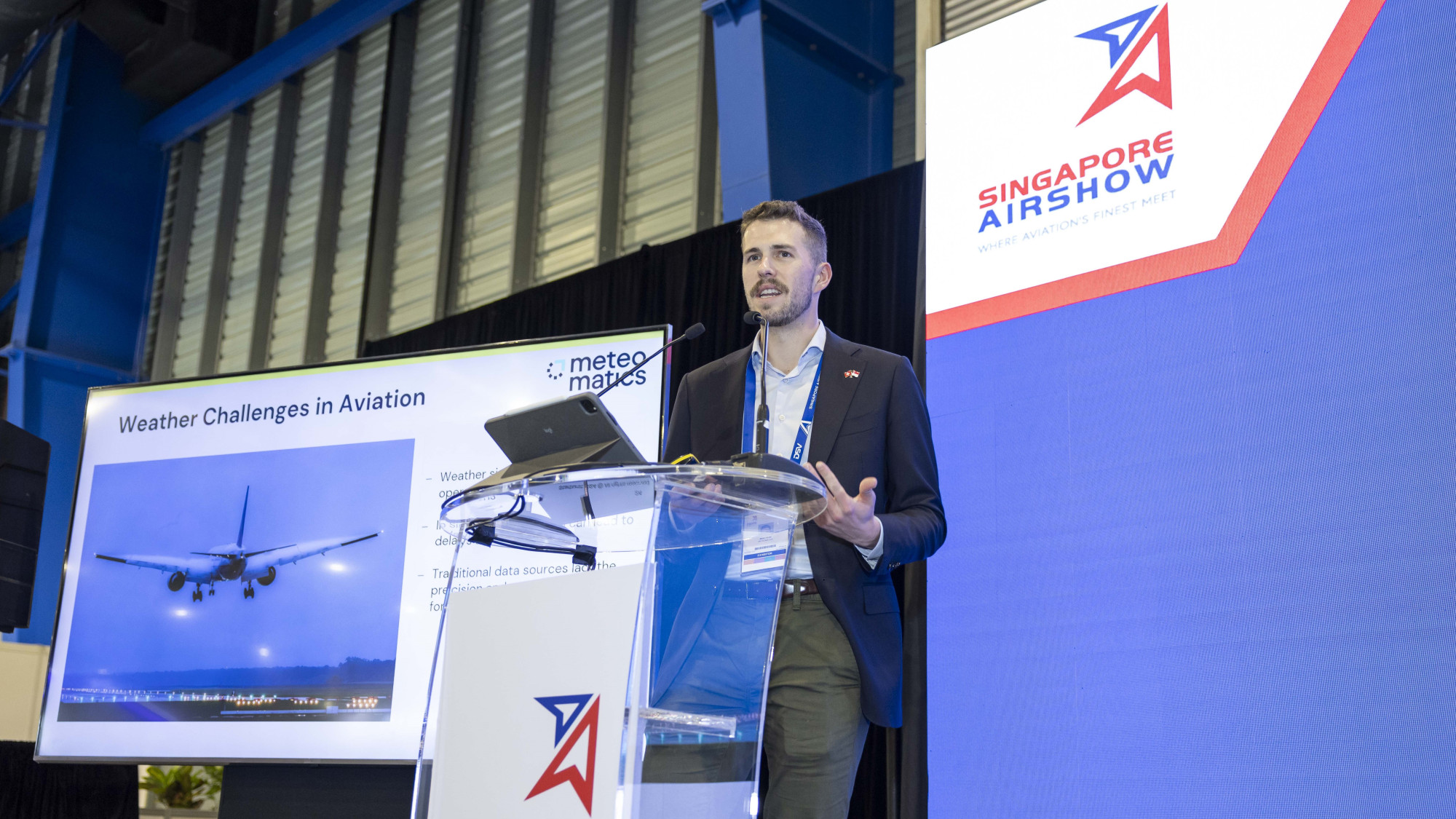
Building a sustainable pipeline of aviation talent
Building a sustainable pipeline of aviation talent
INDUSTRY 360° | 26 APRIL 2022
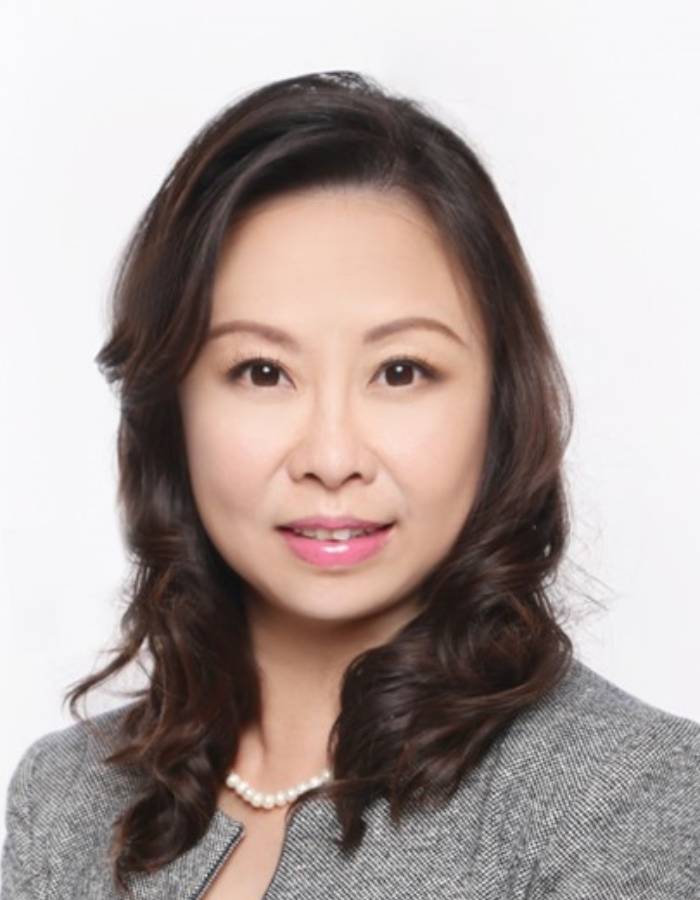 Justina TANManaging Director, People Team, Changi Airport Group | 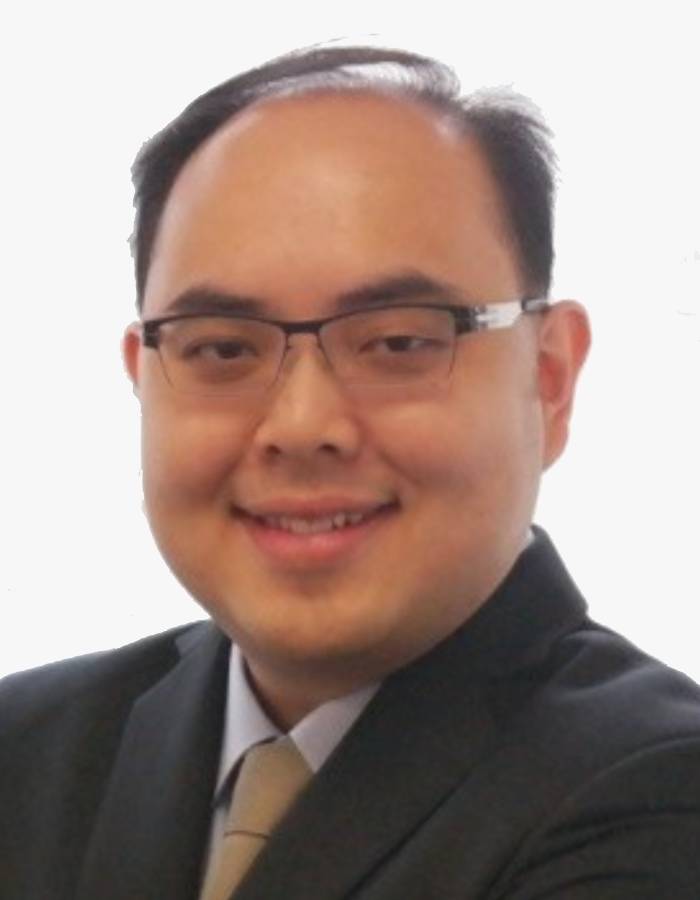 Maximilian NGManager, Talent Acquisition & Employer Branding, Asia Pacific, Lufthansa Technik |
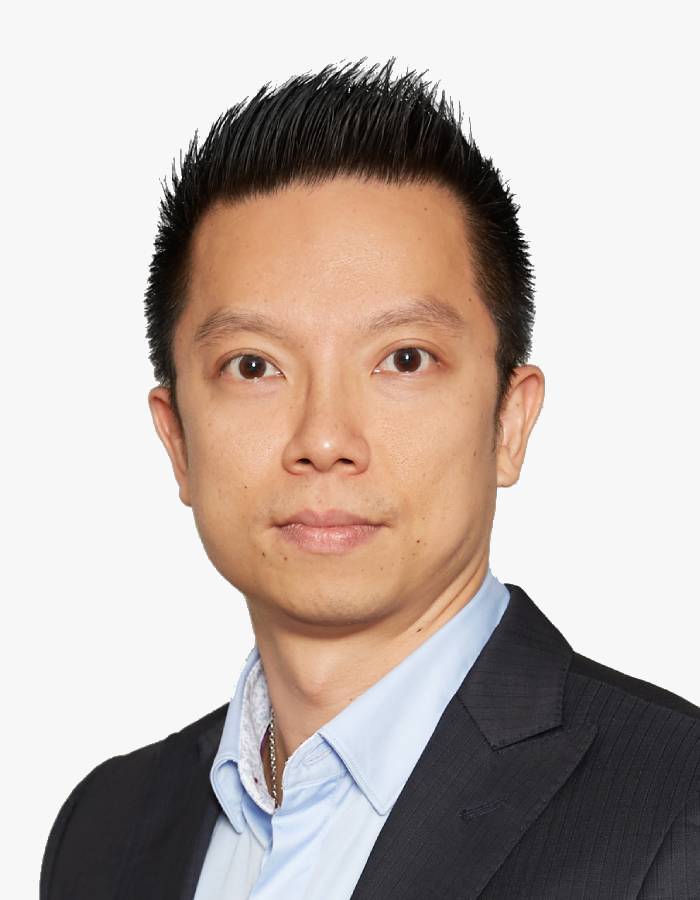 Simon CHEEAssistant Director, Career Services, Alumni and Corporate Relations, Embry-Riddle Aeronautical University-Asia | 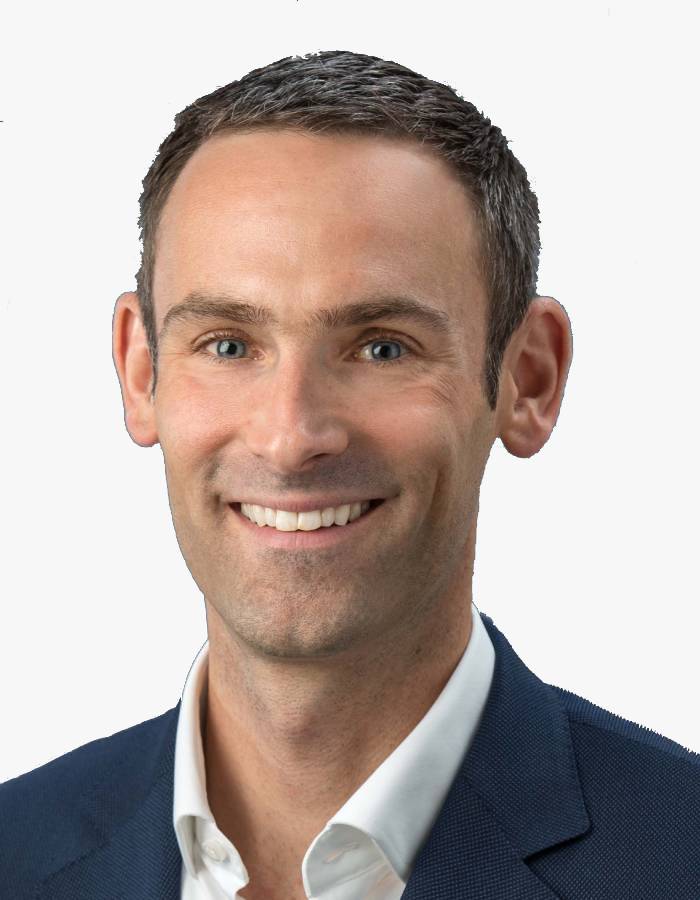 Tim CORMIERVice President, Aftermarket Operations, Asia Pacific, Pratt & Whitney |
Challenges
Ng: The Covid pandemic has accelerated restructuring across the aviation space and we have lost experienced professionals with many seeking a career switch to a different industry.
Tan: The aviation industry is complex and multi-faceted. Talents need to be able navigate within this complex work environment and, especially during these times when new regulations and policies require fast adaption and on-the-ground implementation.
Cormier: The challenge is always finding the right mix of necessary skills, aptitude and attitude in the growing demand for the limited talent pool in a hands-on field.
Solutions
Ng: We listen to our employees to continuously develop Lufthansa Technik as an organisation. Our people policy – open and honest feedback, empowering individuals with self-responsibility for their own development, strong support from the leadership team and competence centers to foster talent, and engaging in employee surveys - are just some of the platforms in place to valuing our human potential.
Tan: The FutureReadyME initiative empowers CAG’s employees to take ownership of their learning in preparation for the digital future of work, through an interactive challenge where learners get recommended learning paths, and funding support for upskilling in targeted areas. A new Growth Mindset programme was also rolled out to build employees’ learning capacity and agility, by first recognising their fixed-mindset triggers and then developing strategies to help them thrive with change.
Cormier: Pratt & Whitney employees in Singapore receive ongoing on-the-job training and are also offered structured training programs that include employee scholarships for those who want to study at tertiary level whether it be polytechnic, Institute of Technical Education or university. We groom local talent for leadership. Today, the general managers for our businesses in Singapore are Singaporeans.
Academic institutions also play an important role in the grooming future aviation talents and ensuring a sustainable talent pipeline for the industry. The industry is on the move, striving towards sustainable business models. Finding talents that can contribute to improve efficiency, reduce environmental impact and stay adaptable will be key to industry growth over the next decade.
In planning from the beginning of their careers, what can aviation students do to be better prepared?
Chee: Students are encouraged to connect and interact with professionals/alumni in the aviation industry to bridge the skills gaps and understand the requirements of the aviation industry. Students must be prepared mentally and emotionally to tackle any future challenges. ERAU equips students with life skills such as self-management, task management, stress management, people management and time management. This serves as the cornerstone of their academic training, workplace and industry training.
Source: IATA, Net-Zero Carbon Emissions by 2050, 4 Oct 2021
